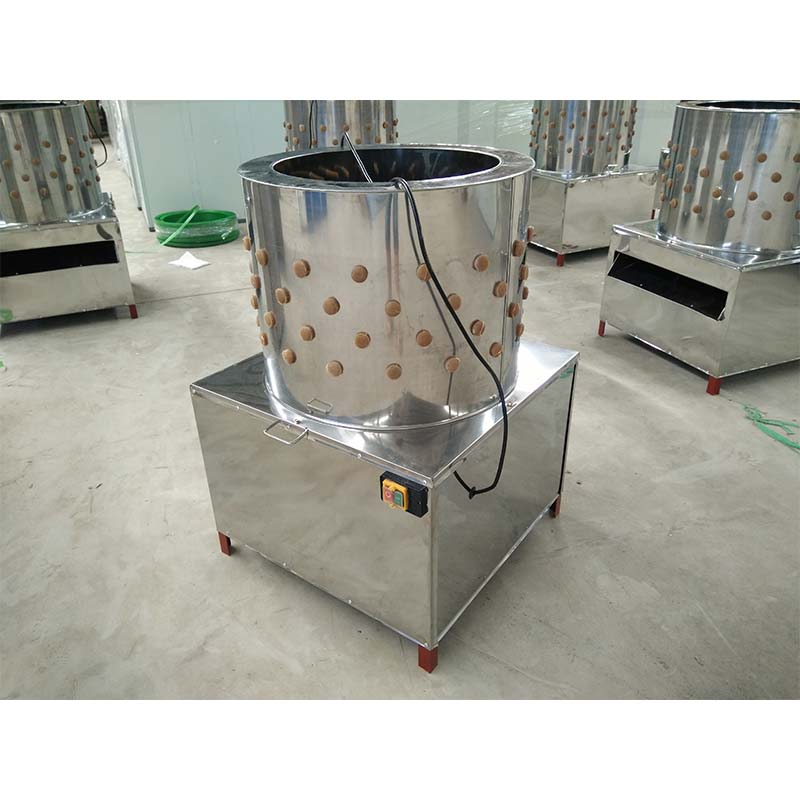chicken carrier cage
Dec . 05, 2024 05:13 Back to list
chicken carrier cage
The Importance of Chicken Carrier Cages for Poultry Transportation
In the world of poultry farming, the transportation of chickens is a pivotal aspect that requires utmost care and attention. Whether for the purpose of moving them to market, relocating them to a new farm, or for processing, using an appropriate carrier cage is essential for the safety and well-being of the birds. Among the various methods of transporting chickens, chicken carrier cages stand out as a critical tool that facilitates humane and efficient movement of these animals.
Understanding Chicken Carrier Cages
Chicken carrier cages are specially designed enclosures that provide a safe and comfortable environment for chickens during transport. These cages come in various sizes and designs, catering to different types of poultry, whether they are layers, broilers, or even chicks. A well-constructed chicken carrier cage is typically made from durable materials like galvanized steel or high-quality plastic, ensuring that they can withstand the rigors of transportation.
The design of these cages often includes features that enhance ventilation, minimize stress, and prevent injury to the birds. Proper ventilation is crucial as it helps maintain a stable temperature inside the cage, reducing the likelihood of overheating, especially during long transport journeys. Furthermore, most chicken carrier cages have dividers, which prevent overcrowding and allow for easy handling of individual birds.
Benefits of Using Chicken Carrier Cages
1. Animal Welfare One of the primary reasons for using chicken carrier cages is to ensure the welfare of the birds during transportation. Chickens can suffer from stress, resulting in health issues or even death if they are not handled properly. Chicken carrier cages provide a secure space that minimizes movement, reducing the risk of injury and allowing the birds to feel more secure.
2. Ease of Handling Chicken carrier cages are designed for ease of use. With features such as stacking capabilities and easy access doors, poultry farmers can load and unload chickens efficiently. This is particularly important during busy times, such as market days or when processing chickens. The ease of handling also helps to reduce the time that birds spend in transit, which is crucial for their overall health.
chicken carrier cage

3. Legal Compliance Many countries have regulations governing the transportation of live animals. Chicken carrier cages that meet specific standards help poultry farmers comply with these legal requirements. Utilizing the right type of carrier can prevent potential fines and legal issues while promoting higher ethical standards in farming practices.
4. Biosecurity In the poultry industry, biosecurity is a significant concern. Properly designed carrier cages help mitigate the risk of disease transmission during transport. With dedicated cages, farmers can isolate chickens from different flocks, preventing cross-contamination.
Choosing the Right Chicken Carrier Cage
When selecting the appropriate chicken carrier cage, several factors must be taken into consideration. Firstly, the size of the cage should correspond to the size and number of chickens being transported. Providing adequate space not only complies with welfare standards but also contributes to lower stress levels in the birds.
Additionally, selecting cages with features that promote airflow and easy cleaning can enhance the transport experience for both farmers and the chickens. Farmers should also consider the durability of materials, as cages made from high-quality materials will last longer and provide better protection during transport.
Conclusion
In summary, chicken carrier cages play an essential role in poultry transportation. They ensure the well-being of the birds, facilitate ease of handling, comply with legal standards, and enhance biosecurity measures. Poultry farmers must invest in high-quality carrier cages to promote humane treatment of animals and ensure successful transportation. As the poultry industry continues to grow, prioritizing the use of efficient and safe chicken carrier cages will contribute to better overall outcomes for both farmers and their flocks.
-
Hot Sale 24 & 18 Door Rabbit Cages - Premium Breeding Solutions
NewsJul.25,2025
-
Automatic Feeding Line System Pan Feeder Nipple Drinker - Anping County Yize Metal Products Co., Ltd.
NewsJul.21,2025
-
Automatic Feeding Line System Pan Feeder Nipple Drinker - Anping County Yize Metal Products Co., Ltd.
NewsJul.21,2025
-
Automatic Feeding Line System - Anping Yize | Precision & Nipple
NewsJul.21,2025
-
Automatic Feeding Line System - Anping Yize | Precision & Nipple
NewsJul.21,2025
-
Automatic Feeding Line System-Anping County Yize Metal Products Co., Ltd.|Efficient Feed Distribution&Customized Animal Farming Solutions
NewsJul.21,2025






